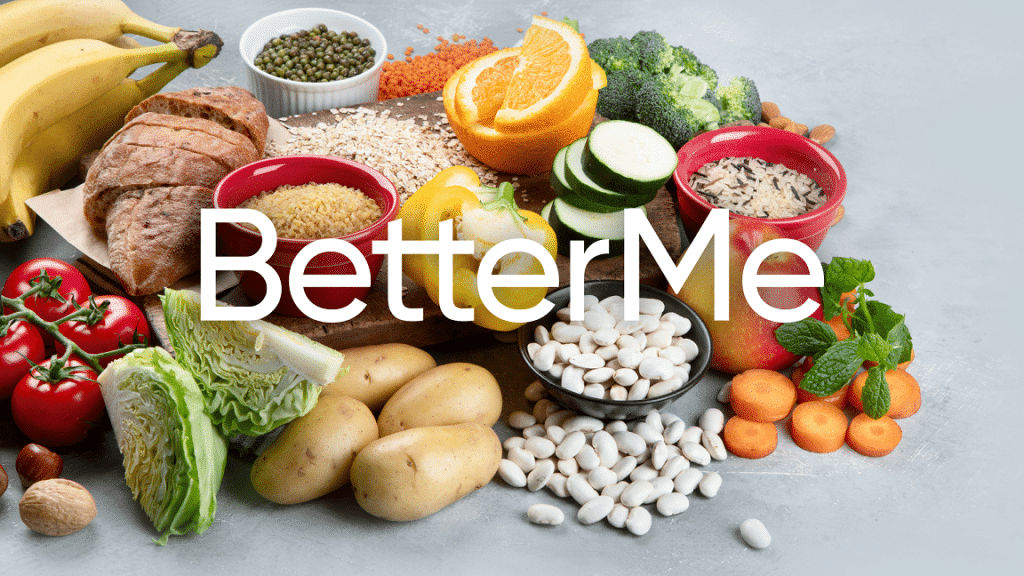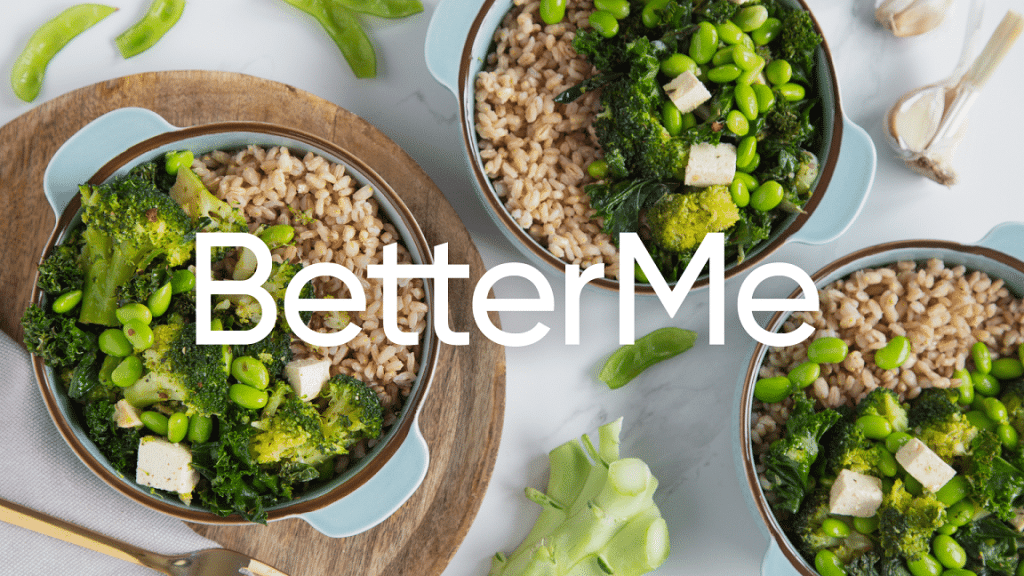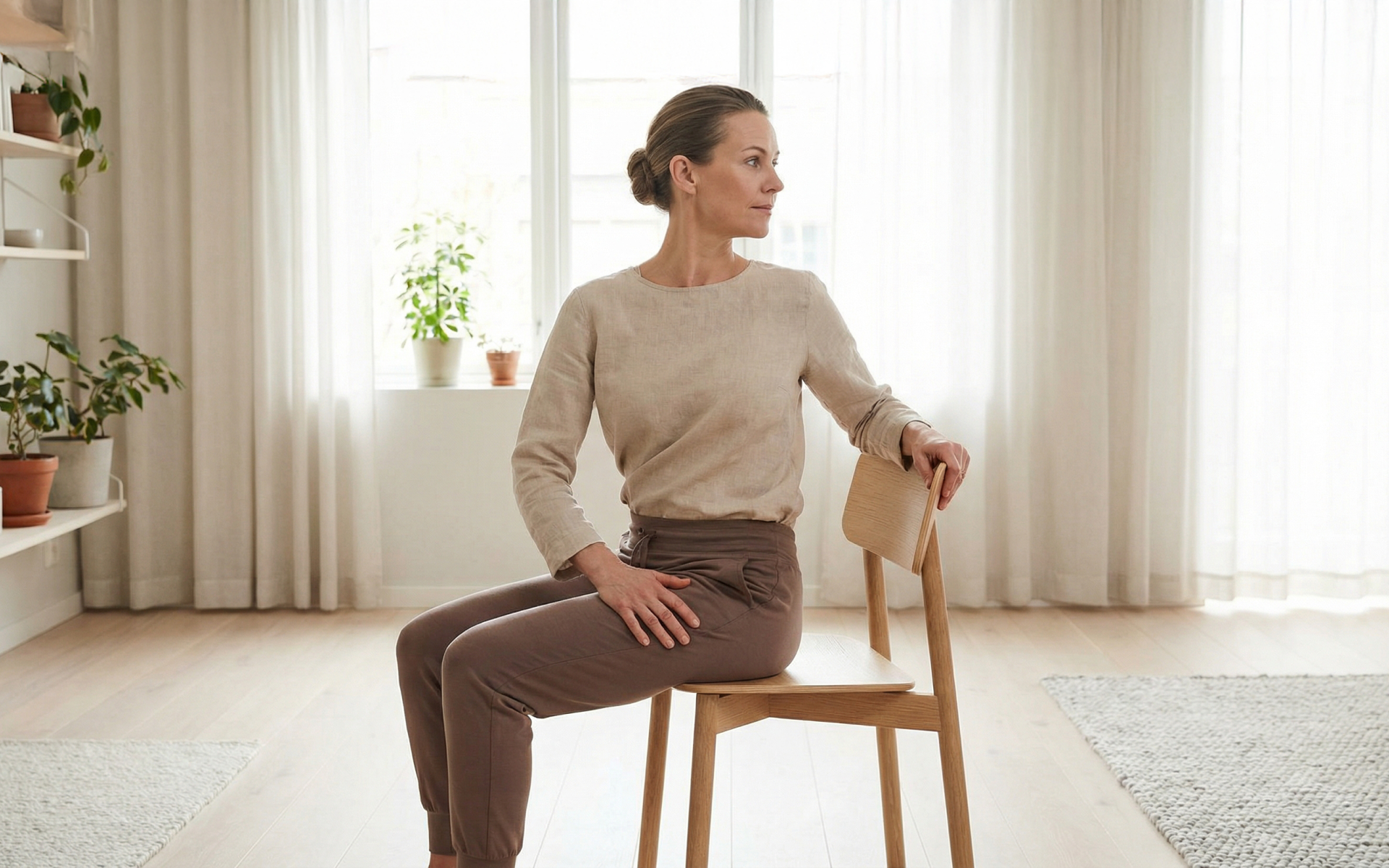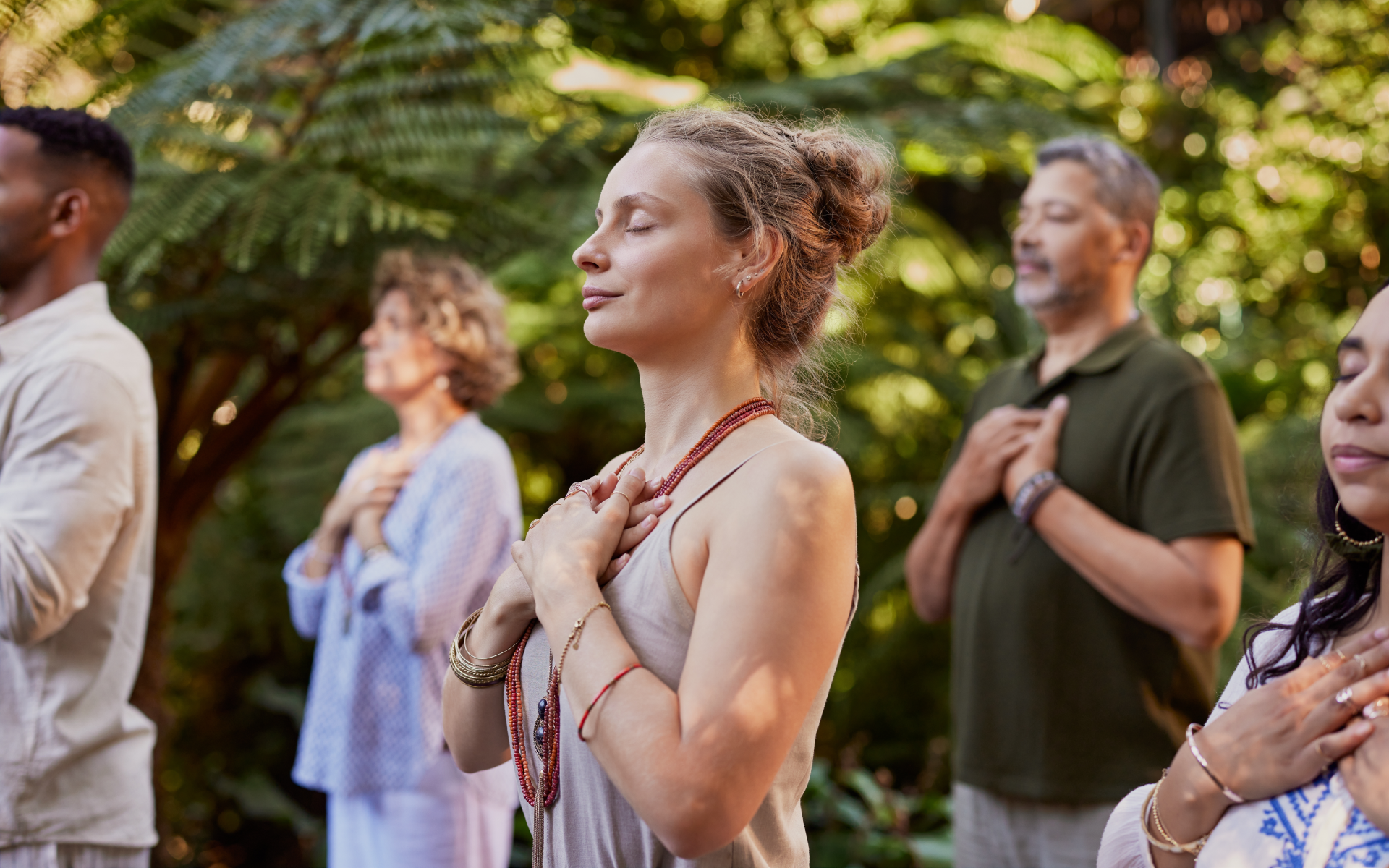Unfortunately, a 2021 study revealed that individuals, particularly adolescents, are being admitted into hospitals for eating disorders during the COVID-19 pandemic (3). Moreover, the prevalence rates of these disorders have skyrocketed, with most healthcare practitioners citing social media as one of the significant contributing factors. But the question remains, does social media cause eating disorders? This read unveils the link between these two factors, if there is, and explains how the two factors interplay. Take a look!
Get your personalized
meal plan!
What Are Eating Disorders?
Before we go further, let us do a quick rundown of eating orders. An eating disorder covers a broad range of conditions that involve abnormal or disrupted eating. The most-reported eating disorders in today’s society include:
-
Bulimia Nervosa
Most people refer to the condition as bulimia. It is reported to develop during adolescence or early adulthood. Women have reported bulimia cases more than men (4).
An individual with bulimia usually consumes large quantities of food very quickly, in what most people refer to as binge eating. After that, the individuals purge the extra calories by taking laxatives or diuretics or through self-induced vomiting.
-
Anorexia Nervosa
There are two types of anorexia, one is the binge eating and purging type. An individual with this type of anorexia usually purges after eating. Alternatively, the individual may engage in excessive exercise to burn the calories they have consumed (4).
The other type of anorexia is the restricting type. An individual with this type of anorexia does not binge eat. Instead, however, they indulge in fasting, over-exercising, or dieting to try and lose weight (4).
-
Binge Eating Disorder
This is similar to bulimia in that individuals quickly consume large quantities of food. However, unlike bulimia, there is no calorie restriction and individuals do not purge the excess food. As a result, it has been linked to a higher risk of obesity and being overweight (4).
Read More: 21 Day Fix Recipes For Beginners (Healthy Eating Meal Plan And Recipes)
Is There A Link Between Social Media And Eating Disorders?
The answer is yes. It was long hypothesized that social media led to eating disorders, but current research has shown proof that it does. In addition, several studies show that social media directly impacts an individual’s, particularly an adolescent, self-perception and body image.
A study by Florida House Experience Health revealed that 87% of women and 65% of men compare themselves to others on social media (1). There are several ways social media has been shown to cause or trigger eating disorders among adolescents.
Here are a few examples:
-
Shared Contents
There is a tendency amongst most individuals on social media to share only the best moments in their lives. Unfortunately, such moments create pressure among some teens to look perfect, hoping to attain the same look or body shape.
-
Society’s Dieting Definition/Culture
The diet culture is also causing some teens to ostracize themselves if they do not fit the ideal body image or lose weight “fast enough”. As a result, most teens fall into depression and a loop of shame that leads them to seek drastic weight loss measures and a spiral of disordered eating (3).
-
Influencers
Influencers from industries, such as fashion, beauty, and fitness, have also been accused of promoting eating disorders. In addition, they have been accused of drawing adolescents into extreme online eating disorder communities mainly for money.
-
Society’s Idea Of A Perfect Body
A plethora of online content has published numerous pieces about the perfect body shape. They reveal that as long as women hold an hourglass body type and men have a masculine body shape, they have the perfect body. Sadly, these pieces have only exacerbated the insecurities of most teens and misled them down dangerous paths (3).
-
Social Media Statistics
Unfortunately, we live in a world where most teens assess love based on the likes they get on social media. Most of them constantly associate their value with a number and have turned everything into a statistic.
So, when they post a picture, they are often concerned about the number of likes as it magnifies what they think people thought of them. For example, a Florida House Experience Health study revealed 45.55% of women and 45.05% of men feel good after getting 2 to 20 likes in one selfie (1). So this, coupled with the factors above, lead to most teens’ eating disorders.
When it comes to weight loss, progress is made by inches, not miles, so it’s much harder to track and a lot easier to give up. BetterMe app is your personal trainer, nutritionist and support system all in one. Start using our app to stay on track and hold yourself accountable!
What Do Social Media Executives Have To Say?
These executives have kept mum about the influence of social media on eating disorders in teens for the longest time. However, according to a piece from the NY Times released in 2021, several executives from YouTube, TikTok, and Snapchat were scheduled for a hearing (2).
The piece reveals that the executives were required to testify before a Senate subcommittee about the impact of their products on children. The piece added that the executives were expected to detail ways they moderate content that may encourage disordered eating (2). Additionally, they were to answer how they manage algorithms that might promote such content.
This is because they were speculated to seize on the insecurities of adolescents, including eating disorders, simply to make more money (2). But despite the hearing, the future of social media and its impact on eating disorders remains unclear.
What Can Be Done Differently?
Social media executives try to create balance by removing harmful eating disorders’ videos while creating space for creators and viewers to share personal experiences, seek help, and raise awareness. However, this has not stopped some individuals from violating some principles and teenagers from consuming harmful content.
So, moving forward, several studies suggest (2):
- Having an eating disorder helpline on all social media platforms, at the top of the search results for standard terms related to the topic;
- Encouraging viewers to block content they find sensitive and inappropriate;
- Blocking pages and hashtags that encourage eating disorders;
- Banning creators and influencers from cracking subtle jokes about different body shapes and eating disorders;
- Creating awareness and advocating for self-love that is not measured by likes or body shapes;
- Taking strict disciplinary actions against individuals who promotes eating disorders; and
- Urging creators to be responsible and mindful of the content they share.
Read More: Eating Seasonally: What Does It Involve And What Are Its Benefits?
The Bottom Line
Social media and eating disorders are closely tied. Research shows that users of different social media platforms feed on the content posted on these platforms. Unfortunately, most content praises specific body shapes and encourages eating disorders.
As a result, eating disorders have skyrocketed, particularly among adolescents. Most studies suggest setting restrictive creators’ policies and banning and disciplining those that encourage eating disorders. Most experts encourage self-awareness as it breeds self-love that is not assessed by likes or what others think.
DISCLAIMER:
This article is intended for general informational purposes only and does not serve to address individual circumstances. It is not a substitute for professional advice or help and should not be relied on for making any kind of decision-making. Any action taken as a direct or indirect result of the information in this article is entirely at your own risk and is your sole responsibility.
BetterMe, its content staff, and its medical advisors accept no responsibility for inaccuracies, errors, misstatements, inconsistencies, or omissions and specifically disclaim any liability, loss or risk, personal, professional or otherwise, which may be incurred as a consequence, directly or indirectly, of the use and/or application of any content.
You should always seek the advice of your physician or other qualified health provider with any questions you may have regarding a medical condition or your specific situation. Never disregard professional medical advice or delay seeking it because of BetterMe content. If you suspect or think you may have a medical emergency, call your doctor.
SOURCES:
- Body Image and Social Media Questionnaire (2020, FHEHealth)
- Eating Disorders and Social Media Prove Difficult to Untangle (2021, nytimes.com)
- Medical Admissions Among Adolescents With Eating Disorders During the COVID-19 Pandemic (2021, pubmed.ncbi.nlm.nih.gov)
- What different eating disorders are there? (2019, medicalnewstoday.com)











